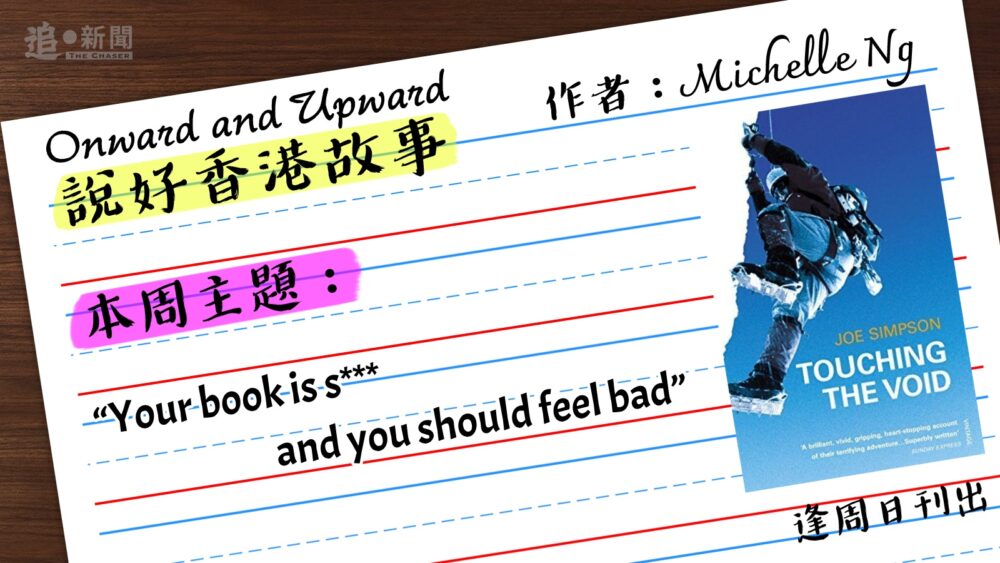
Research done by Harvard Medical School has demonstrated that teenage boys and girls are wired differently. In boys, emotions are processed near the amygdala, a part of the brain that isn’t much connected to linguistic functions; in contrast, in girls, emotions are dealt with by another part of the brain that is at the same time responsible for handling language. According to psychologist Leonard Sax, this means a school curriculum that is heavy on reading and writing is both harder for and harder on boys. In his book “Boys Adrift: The Five Factors Driving the Growing Epidemic of Unmotivated Boys and Underachieving Young Men,” Sax cites this homework assignment as boy-unfriendly:
In Lord of the Flies, a group of boys finds themselves stranded on a tropical island. One of the boys, nicknamed Piggy because he is overweight, is the victim of vicious bullying by the other boys. Write a short essay in the first person, in Piggy’s voice, describing how you feel about the other boys picking on you.
“It’s easy,” Sax explains, “for most middle school and high school girls to answer a question like ‘How would you feel if you were X?’ because the area of the brain where the feeling is happening is closely linked to the area of the brain where talking happens. For boys, that’s not the case.”
The Lord of the Flies question sounds exactly like the type GCSE English would ask. As a private tutor, I, too, sense acutely the gender gap Sax refers to. Most of my male students have a really difficult time figuring out the hidden intentions of authors and the conflicting emotions of characters. Typically, before they can see things in a text my female students and I can effortlessly identify, they have to grit their teeth and think really hard, looking as if they were a kung fu apprentice wondering whether they could smash a layer of bricks with their bare hands.
Below is a question from a past GCSE English paper. The question is based on a passage from mountaineer Joe Simpson’s memoir “Touching the Void,” a text so disliked by students that some actually went to his Twitter to leave messages like “Your book is s*** and you should feel bad” and “You seem like a nice chap, but why the f*** did you have to write that book?”
I bet all these angry teens are male.
GCSE Question
How does the writer use language to describe how he feels?
Passage:
The terrible sliding stopped, and I hung silently against the slope. Three faint tugs trembled the taut rope, and I hopped up on to my leg. A wave of nausea and pain swept over me. Iwas glad of the freezing blasts of snow biting into my face. My head cleared as I waited for the burning to subside from my knee. Several times I had felt it twist sideways when my boot snagged. There would be a flare of agony as the knee kinked back, and parts within the joint seemed to shear past each other with a sickening gristly crunch. I had barely ceased sobbing before my boot snagged again. At the end my leg shook uncontrollably. I tried to stop it shaking, but the harder I tried, the more it shook. I pressed my face into the snow, gritted my teeth, and waited. At last it eased.
How a bored teenage boy might answer
The writer uses words to show he is in a lot of pain. He says there was a “flare of agony” and that makes it sound very bad. He also says his leg was “shaking” and that he couldn’t stop it. This shows he is struggling. The word “burning” shows the pain was strong. The writer also says he was “sobbing” which tells us he was upset. This makes the reader feel sorry for him.
My response (I really enjoyed reading the Simpson’s copy, by the way)
Physical pain is often worsened by one’s fear and anticipation of it, and this is precisely what’s happening in this passage, where Simpson describes his feelings after he and his injured leg receive a brief respite from the descent. As “a wave of nausea and pain” sweeps over him, he mentally processes what is going on in his body.
He uses a series of metaphors related to fire to describe his pain. The sensation in his knee is portrayed as “burning”; a wave of pain is likened to “a flare of agony.” Furthermore, he uses alliteration – “the joint seemed to shear past each other with a sickening gristly crunch” – as his thoughts about his condition become wilder, with the long “s” sound doing the job of conveying the unending nature of the pain that is gripping him.
To highlight the fearful feeling of losing control over his body, he laments how, when his leg “shook uncontrollably” and he tried to stop the shaking, “the harder I tried, the more it shook.” The reader is now unable to distinguish how much of his pain is mental in nature.
Lastly, Simpson uses a four-word sentence (each word containing one syllable only) to mark the ending of his pain – “At last it eased.” It is as if he had been so exhausted from waiting for the pain to subside that when it finally does, he lacks the energy to communicate his relief in full.
Michelle Ng
英國牛津大學畢業,前《蘋果日報》和《眾新聞》專欄作家,現在身在楓葉國,心繫中國大陸和香港。
聯絡方式: michelleng.coach@proton.me
個人網站: https://michellengwritings.com
🌟加入YouTube頻道會員支持《追新聞》運作🌟
https://www.youtube.com/channel/UC5l18oylJ8o7ihugk4F-3nw/join
《追新聞》無金主,只有您!為訂戶提供驚喜優惠,好讓大家支持本平台,再撐埋黃店。香港訂戶可分享給英國親友使用。



